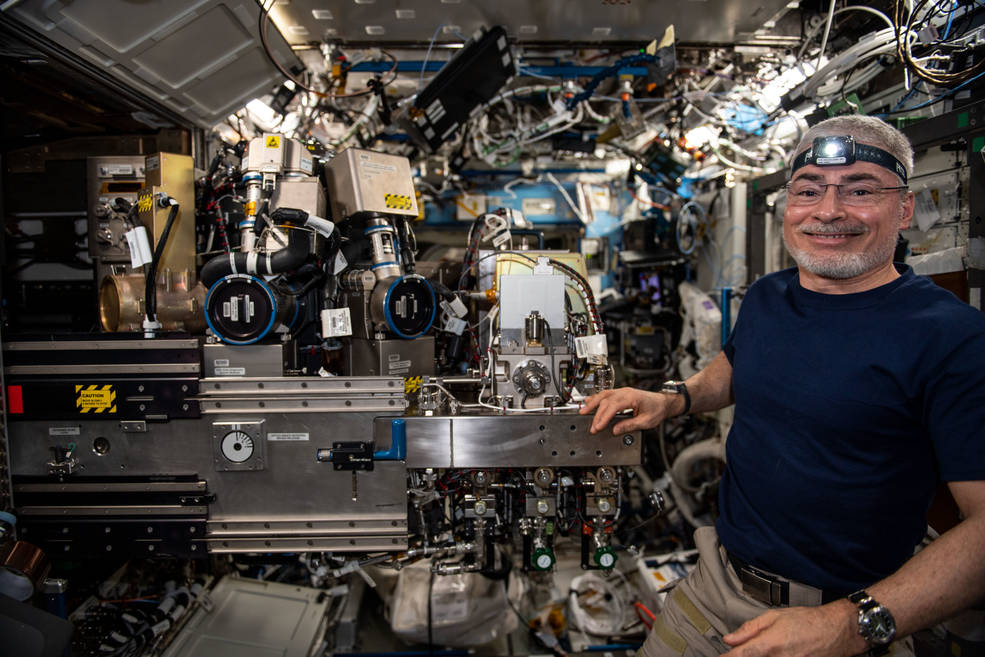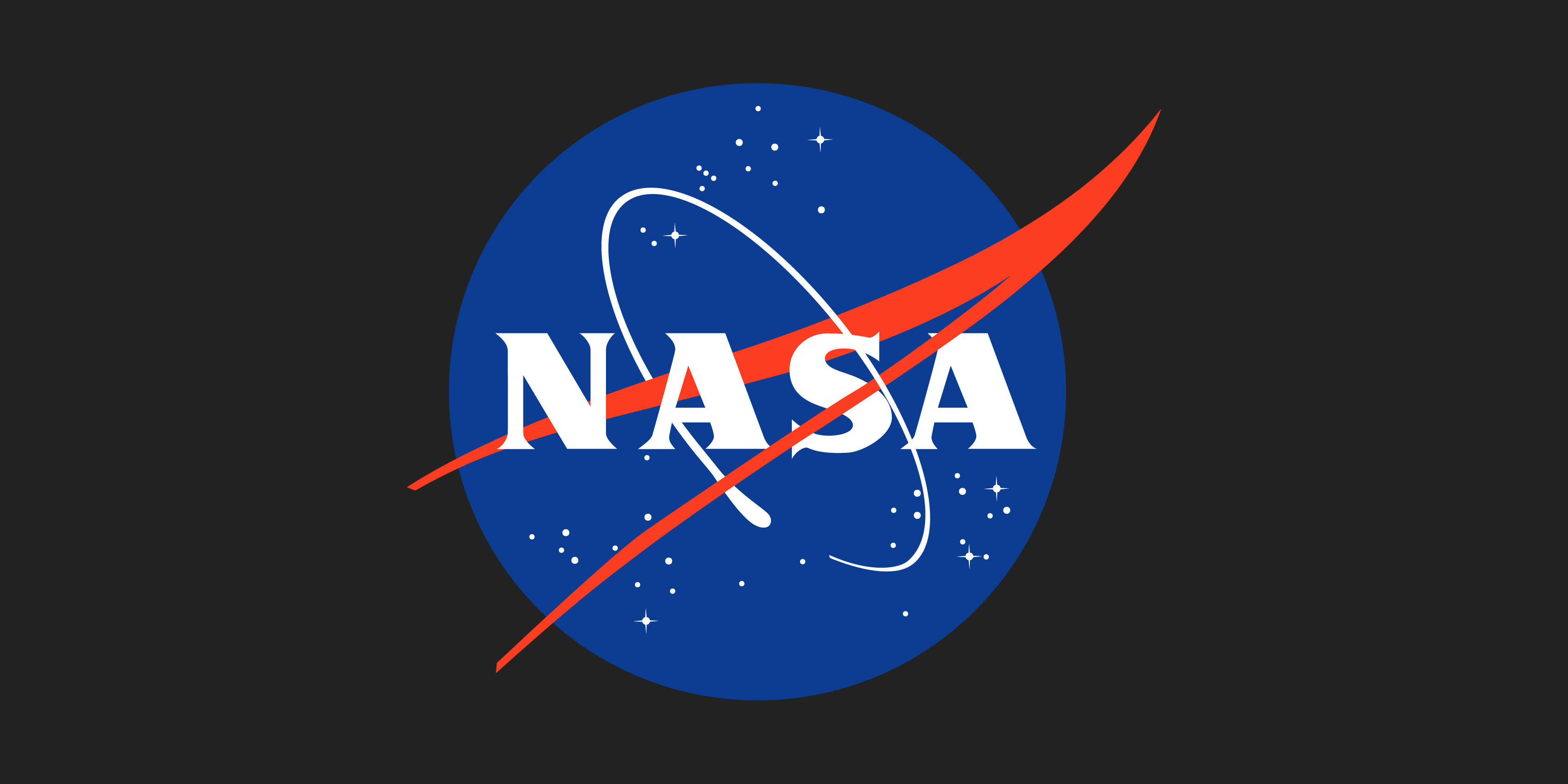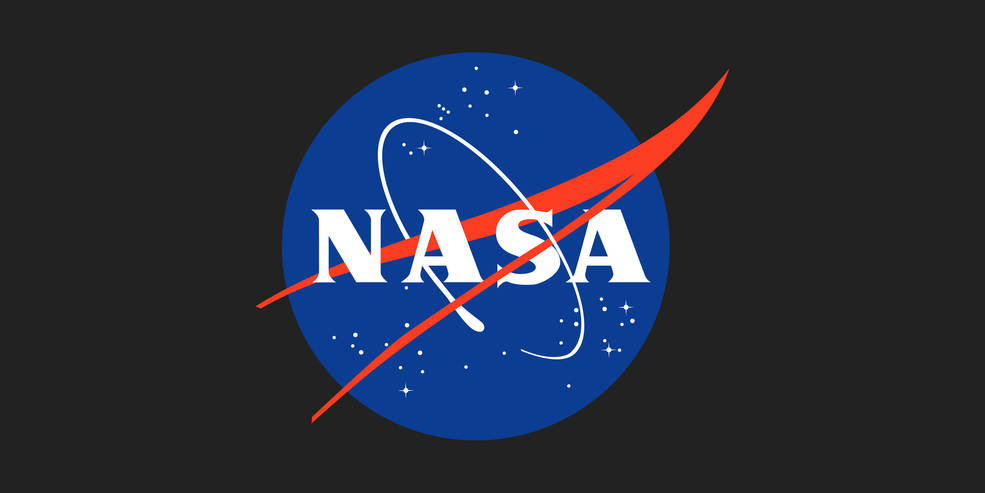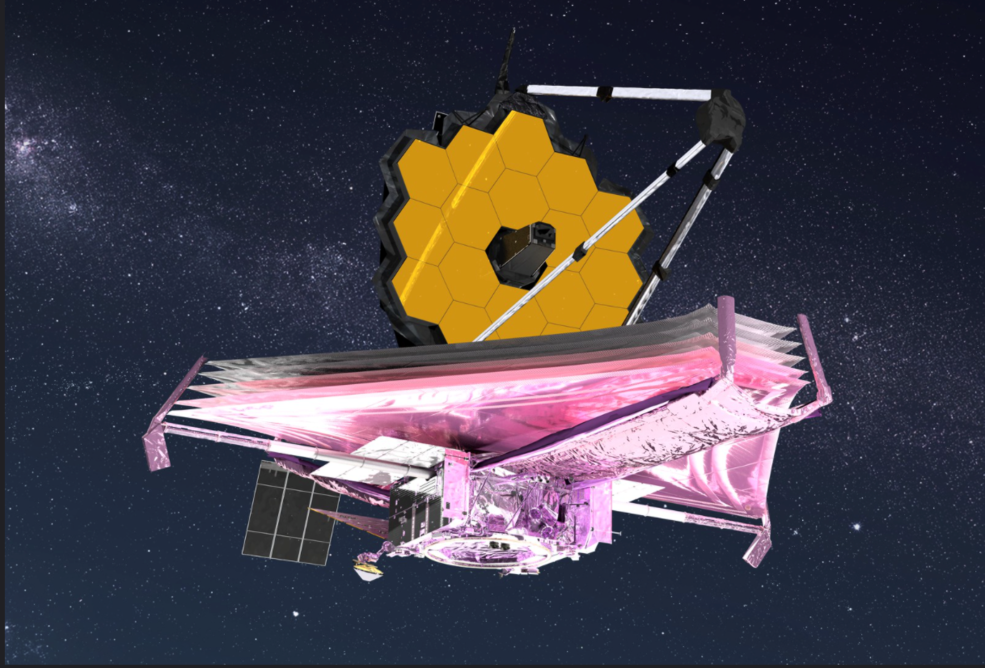NASA to Demonstrate Autonomous Navigation System on Moon

When the second CLPS (Commercial Lunar Payload Services) delivery is launched to the Moon in mid-February, its NASA payloads will include an experiment that could change how human explorers, rovers, and spacecraft independently track their precise location on the Moon and in cis-lunar space.
Demonstrating autonomous navigation, the Lunar Node-1 experiment, or LN-1, is a radio beacon designed to support precise geolocation and navigation observations for landers, surface infrastructure, and astronauts, digitally confirming their positions on the Moon relative to other craft, ground stations, or rovers on the move. These radio beacons also can be used in space to help with orbital maneuvers and with guiding landers to a successful touchdown on the lunar surface.
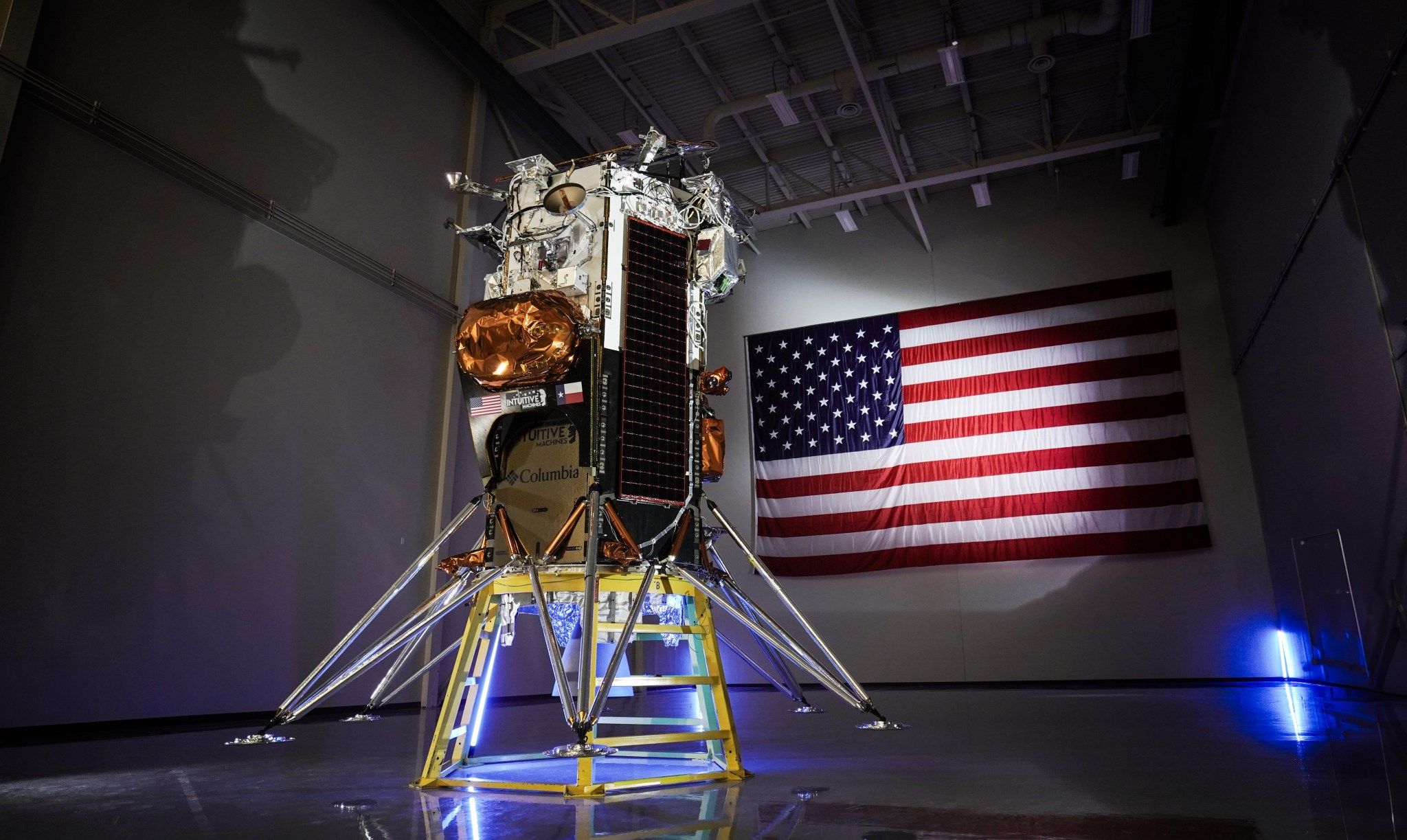
IM-1, the first NASA Commercial Launch Program Services launch for Intuitive Machines’ Nova-C lunar lander, will carry multiple payloads to the Moon, including Lunar Node-1, demonstrating autonomous navigation via radio beacon to support precise geolocation and navigation among lunar orbiters, landers, and surface personnel. NASA’s CLPS initiative oversees industry development of small robotic landers and rovers to support NASA’s Artemis campaign.
“Imagine getting verification from a lighthouse on the shore you’re approaching, rather than waiting on word from the home port you left days earlier,” said Evan Anzalone, principal investigator of LN-1 and a navigation systems engineer at NASA’s Marshall Space Flight Center in Huntsville, Alabama. “What we seek to deliver is a lunar network of lighthouses, offering sustainable, localized navigation assets that enable lunar craft and ground crews to quickly and accurately confirm their position instead of relying on Earth.”
The system is designed to operate as part of a broader navigation infrastructure, anchored by a series of satellites in lunar orbit as being procured under NASA’s Lunar Communications Relay and Navigation Systems project. Together, future versions of LN-1 would utilize LunaNet-defined standards to provide interoperable navigation reference signals from surface beacons as well as orbital assets.
Currently, navigation beyond Earth is heavily reliant on point-to-point services provided by NASA’s Deep Space Network, an international array of giant radio antennas which transmit positioning data to interplanetary spacecraft to keep them on course. These measurements typically are relayed back to Earth and processed on the ground to deliver information back to the traveling vehicle.
But when seconds count during orbital maneuvers, or among explorers traversing uncharted areas of the lunar surface, LN-1 offers a timely improvement, Anzalone said.
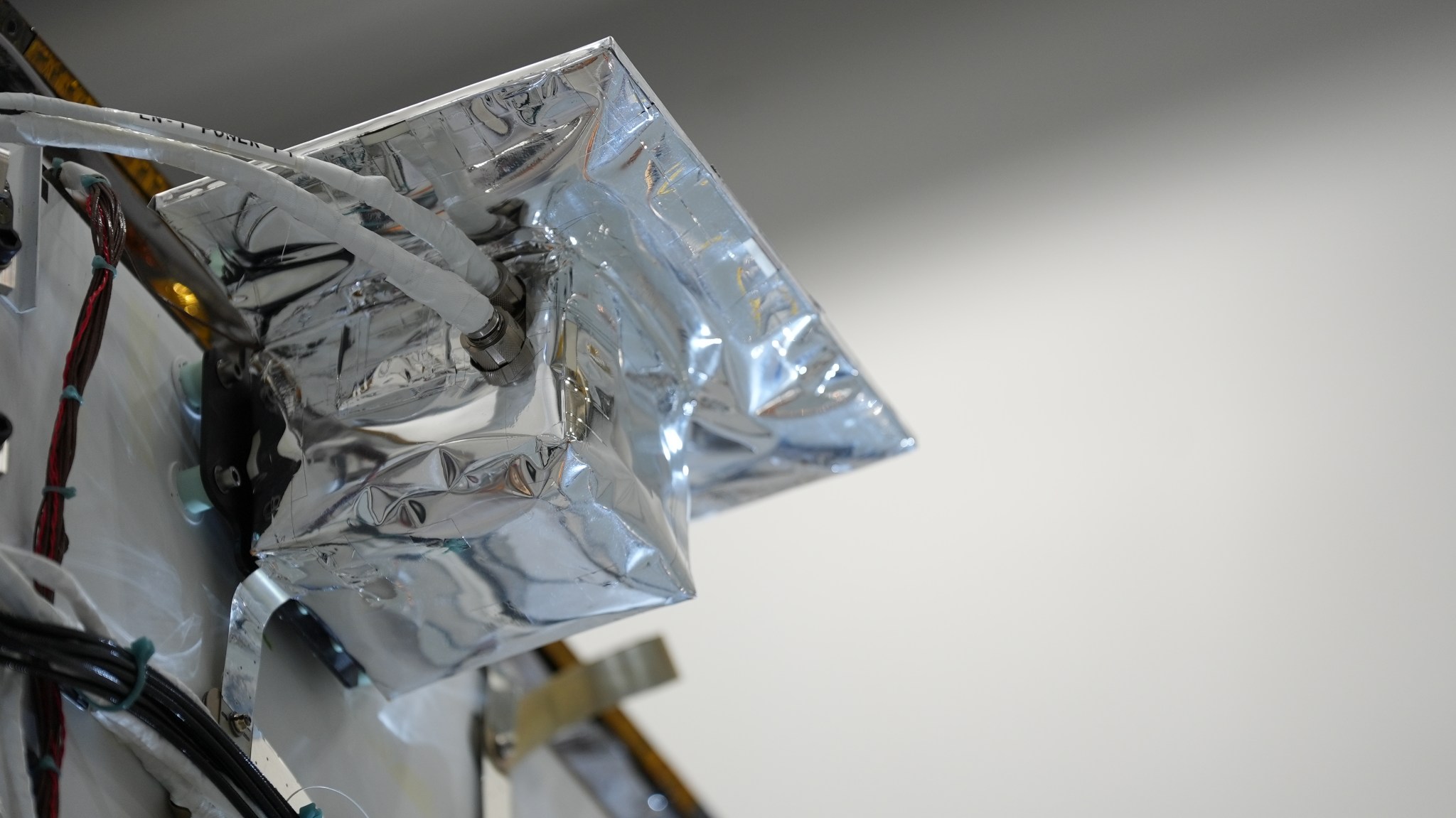
Lunar Node-1, an autonomous navigation payload that will change how human explorers safely traverse the Moon’s surface and live and work in lunar orbit, awaits liftoff as part of Intuitive Machines’ IM-1 mission, its first under NASA’s Commercial Lunar Payload Services initiative. LN-1 was developed, built, and tested at NASA’s Marshall Space Flight Center in Huntsville, Alabama.
NASA/Intuitive Machines
The CubeSat-sized experiment is one of six payloads included in the NASA delivery manifest for Intuitive Machines of Houston, which will be launched via a SpaceX Falcon 9 from Cape Canaveral, Florida. Designated IM-1, the launch is the company’s first for NASA’s CLPS initiative, which oversees industry development, testing, and launch of small robotic landers and rovers supporting NASA’s Artemis campaign.
The Nova-C lander is scheduled to touch down near Malapert A, a lunar impact crater in the Moon’s South Pole region.
LN-1 relies on networked computer navigation software known as MAPS (Multi-spacecraft Autonomous Positioning System). Developed by Anzalone and researchers at NASA Marshall, MAPS was successfully tested on the International Space Station in 2018 using NASA’s Space Communications and Navigation testbed.
Engineers at NASA Marshall conducted all structural design, thermal and electronic systems development, and integration and environmental testing of LN-1 as part of the NASA-Provided Lunar Payloads project funded by the agency’s Science Mission Directorate. Anzalone and his team delivered the payload in 2021, having performed the payload build during the COVID pandemic. Since then, they refined the operating procedures, conducted thorough testing of the integrated flight system, and in October 2023, oversaw installation of LN-1 on Intuitive Machines’ lander.
The payload will transmit information briefly each day during the journey to the Moon. Upon lunar touchdown, the LN-1 team will conduct a full systems checkout and begin continuous operations within 24 hours of landing. NASA’s Deep Space Network will receive its transmissions, capturing telemetry, Doppler tracking, and other data and relaying it back to Earth. Researchers at NASA’s Jet Propulsion Laboratory in Pasadena, California, and at Morehead State University in Morehead, Kentucky, also will monitor LN-1’s transmissions throughout the mission, which is scheduled to last approximately 10 days.
Eventually, as the technology is proven and its infrastructure expanded, Anzalone expects LN-1 to evolve from a single lighthouse on the lunar shore into a key piece of a much broader infrastructure, helping NASA evolve its navigation system into something more akin to a bustling metropolitan subway network, wherein every train is tracked in real time as it travels its complex route.
“Spacecraft, surface vehicles, base camps and exploratory digs, even individual astronauts on the lunar surface,” Anzalone said. “LN-1 could connect them all and help them navigate more accurately, creating a reliable, more autonomous lunar network.”
Marshall’s LN-1 team is already discussing future Moon to Mars applications for LN-1 with NASA’s SCaN (Space Communications and Navigation) program – which oversees more than 100 NASA and partner missions. They’re also consulting with JAXA (Japan Aerospace Exploration Agency) and ESA (European Space Agency), aiding the push to unite spacefaring nations via an interconnected, interoperable global architecture.
Eventually, these same technologies and applications we’re proving at the Moon will be vital on Mars, making those next generations of human explorers safer and more self-sufficient as they lead us out into the solar system.
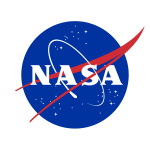
EVAN ANZALONE
Principal investigator of LN-1
“Eventually, these same technologies and applications we’re proving at the Moon will be vital on Mars, making those next generations of human explorers safer and more self-sufficient as they lead us out into the solar system,” Anzalone said.
NASA’s CLPS initiative enables NASA to buy a complete commercial robotic lunar delivery service from leading aerospace industry contractors. The provider is responsible for launch services, owns its lander design, and leads landing operations. Learn more here.

